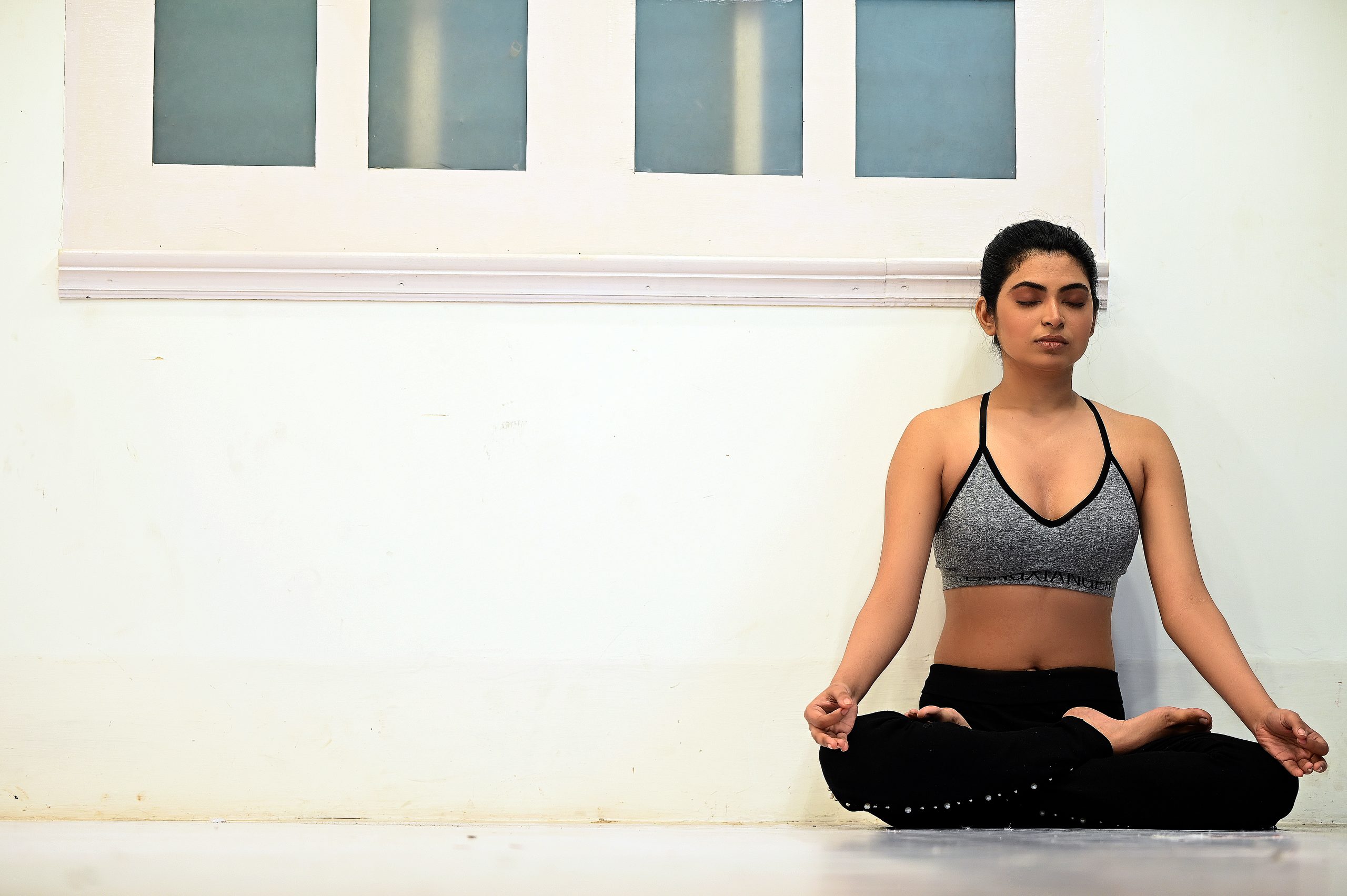Mindfulness Meditation: A Path to Reducing Stress and Anxiety – In today’s fast-paced world, stress and anxiety have become ubiquitous companions. The demands of work, family, and daily life can leave us feeling overwhelmed and mentally exhausted. Fortunately, there is a powerful tool at our disposal – mindfulness meditation. In this article, we’ll explore how mindfulness meditation can be a path to reducing stress and anxiety, providing you with the peace of mind you deserve.
What is Mindfulness Meditation?
Understanding the Basics
Mindfulness meditation is a practice rooted in ancient Buddhist traditions but has gained immense popularity in recent years. At its core, it involves paying full attention to the present moment without judgment. It’s about being fully aware of your thoughts, emotions, and sensations without trying to change them.
The Role of Breath
One of the fundamental aspects of mindfulness meditation is focusing on your breath. By observing your breath as it enters and leaves your body, you anchor your awareness to the present moment. This simple act can bring a profound sense of calm.
How Does Mindfulness Meditation Reduce Stress?
Stress and the Mind-Body Connection
Stress is not just a mental state; it manifests physically too. Prolonged stress can lead to various health issues, including cardiovascular problems and weakened immunity. Mindfulness meditation helps break the stress cycle by calming the mind, which in turn relaxes the body.
Reducing Overthinking
One common source of stress is overthinking, dwelling on past mistakes, or worrying about the future. Mindfulness meditation trains your mind to let go of these unproductive thought patterns. It encourages you to stay focused on the here and now.
The Benefits of Mindfulness Meditation
Improved Emotional Well-being
Regular practice of mindfulness meditation has been linked to improved emotional well-being. It helps in managing and even preventing conditions like anxiety disorders and depression.
Enhanced Focus and Concentration
The ability to concentrate on tasks is vital in today’s world. Mindfulness meditation enhances your focus, making you more productive and efficient.
How to Start Practicing Mindfulness Meditation
Finding Your Space
Choose a quiet place where you won’t be disturbed. Sit comfortably, either on a chair or on a cushion on the floor.
Start Small
If you’re new to mindfulness meditation, start with just a few minutes a day and gradually increase the duration as you become more comfortable with the practice.
Guided Meditation
There are many apps and online resources that offer guided mindfulness meditation sessions. These can be incredibly helpful, especially for beginners.
Conclusion
In a world filled with stress and anxiety, mindfulness meditation offers a path to inner peace. By focusing on the present moment, you can reduce stress, improve your emotional well-being, and enhance your overall quality of life. So, why wait? Start your mindfulness meditation journey today and experience the transformative power of being fully present.
FAQs (Frequently Asked Questions)
- Is mindfulness meditation suitable for everyone?
- Yes, mindfulness meditation is accessible to people of all ages and backgrounds. It can be adapted to suit individual needs.
- How long does it take to see the benefits of mindfulness meditation?
- Some people may experience benefits after just a few sessions, while others may take several weeks. Consistency is key.
- Can mindfulness meditation replace medication for anxiety and depression?
- It can be a complementary practice, but it’s essential to consult with a healthcare professional for a tailored treatment plan.
- Is mindfulness meditation a religious practice?
- While it has roots in Buddhism, mindfulness meditation can be practiced in a secular and non-religious manner.
- What time of day is best for mindfulness meditation?
- The best time varies from person to person. Some prefer mornings for a fresh start, while others find evenings help them unwind.




